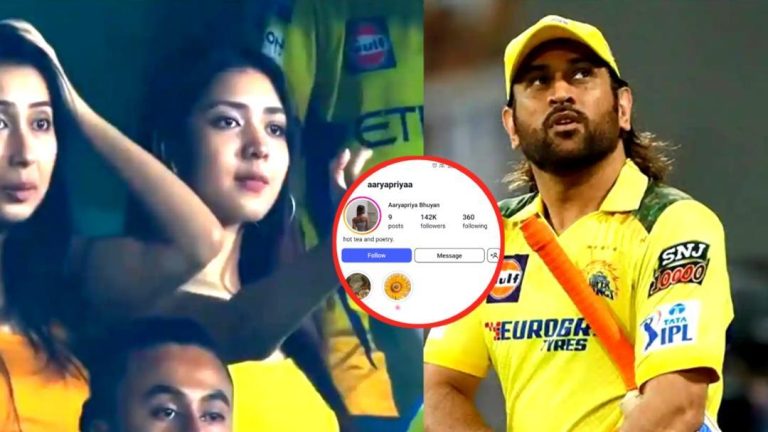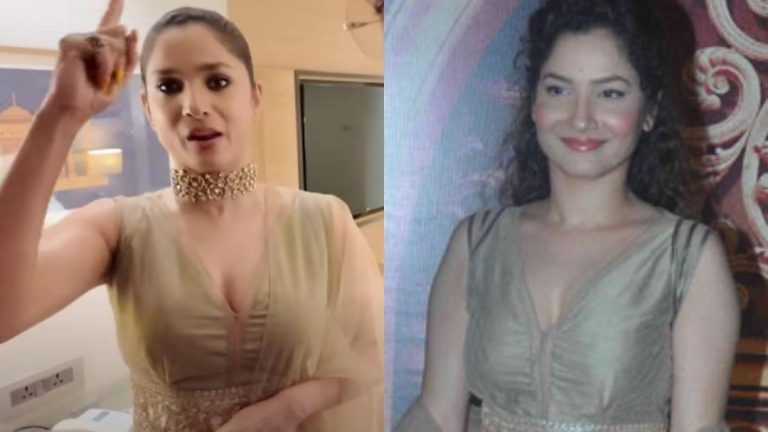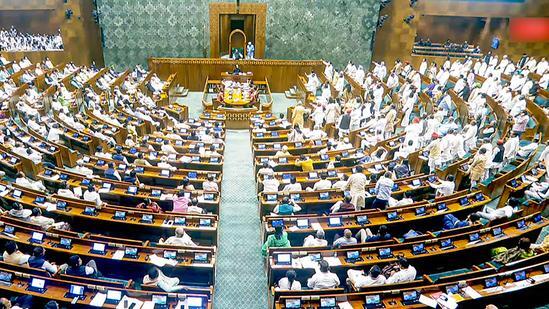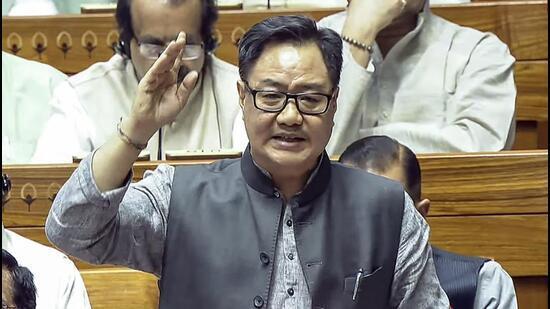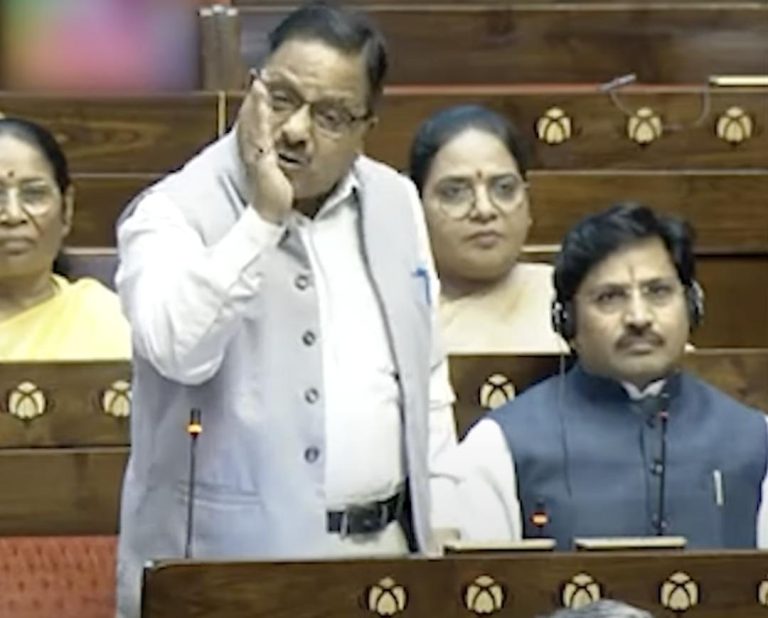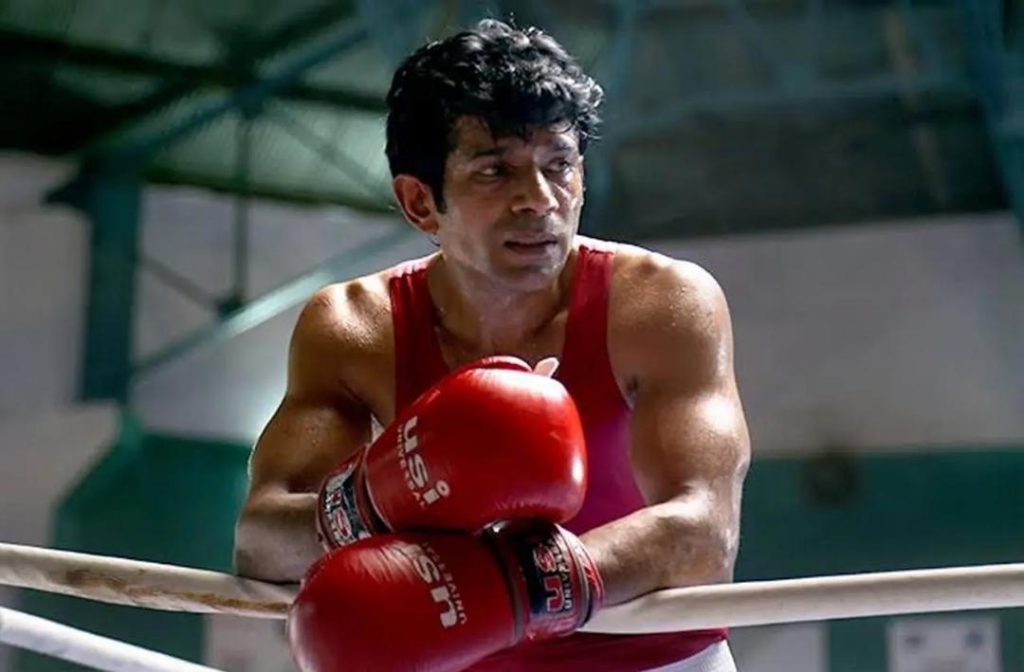
Title: Akhtar saw Mukkabaaz & said, ‘You don’t like making money’: Anurag
The world of cinema is full of surprises, and sometimes, even the most unexpected comments can spark a conversation. In a recent interview, renowned filmmaker Anurag Kashyap shared a fascinating story about his experience with the legendary screenwriter Javed Akhtar. Akhtar, known for his iconic dialogues and storytelling skills, recently watched Anurag’s critically acclaimed film Mukkabaaz and gave him some sage advice. The conversation, as Anurag shared it, was quite revealing and insightful.
During an interview with a leading publication, Anurag Kashyap recalled the encounter with Javed Akhtar. The filmmaker mentioned that Akhtar watched Mukkabaaz and was impressed with the film’s narrative and performances. However, Akhtar’s feedback was quite intriguing. According to Anurag, Akhtar told him that if he had shown Vineet Kumar Singh’s character, Shravan, winning at the end of the film, Mukkabaaz would have been a commercial hit.
However, Anurag was not interested in altering the film’s narrative to make it more commercially viable. He wanted to showcase the harsh reality of Indian sports, which often prioritizes winning over sportsmanship and morality. According to Anurag, Akhtar’s comment was a reflection of his own struggles to make a film that resonated with the masses.
“He told me, ‘You’ve a problem. You don’t like making money’,” Anurag recalled, chuckling at the memory. “I wouldn’t have made the film to show Vineet as a winner because I wanted to show the reality of Indian sports. The struggle, the inequality, the politics involved.”
Mukkabaaz, released in 2017, tells the story of Shravan, a young boxer from Uttar Pradesh who dreams of winning the Indian national boxing championship. However, his journey is plagued by casteism, corruption, and personal struggles. The film received widespread critical acclaim and earned several awards, including the National Film Award for Best Feature Film.
Anurag’s decision to focus on the underdog story rather than a triumphant one was deliberate. He wanted to highlight the systemic issues that Indian sports face, including the lack of opportunities for athletes from lower socio-economic backgrounds. By showcasing Shravan’s struggles and failures, Anurag aimed to create a more nuanced and realistic portrayal of the sports world.
Akhtar’s comment, although seemingly straightforward, highlights the tension between artistic integrity and commercial success. Many filmmakers face pressure to create films that appeal to a broader audience, often sacrificing their artistic vision in the process. Anurag’s decision to prioritize his artistic vision over commercial success is a testament to his commitment to telling stories that need to be told.
The conversation between Anurag and Akhtar also underscores the importance of constructive feedback. While Akhtar’s comment may have been provocative, it sparked a conversation that allowed Anurag to reflect on his creative choices. The filmmaker’s willingness to engage with Akhtar’s feedback and share his own perspective highlights the value of collaboration and dialogue in the creative process.
In an industry where success is often measured by box office collections and commercial viability, Anurag’s decision to prioritize his artistic vision is a refreshing change. Mukkabaaz, despite its critical acclaim, was not a commercial success, and Anurag’s willingness to take risks and challenge conventional norms is a testament to his commitment to storytelling.
As Anurag Kashyap so eloquently put it, “I wouldn’t have made the film to show Vineet as a winner because I wanted to show the reality of Indian sports. The struggle, the inequality, the politics involved.” His decision to prioritize his artistic vision over commercial success is a reminder that true art often requires taking risks and challenging the status quo.
